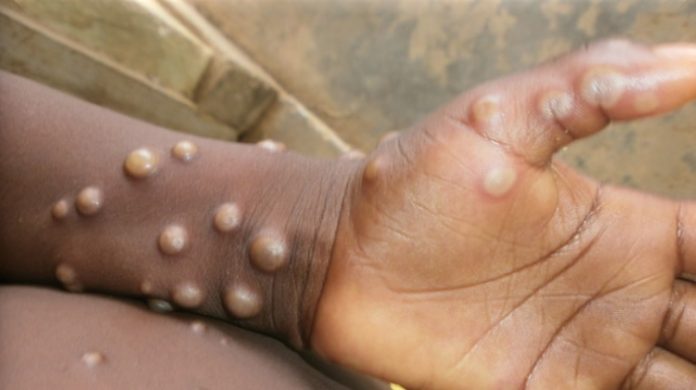The World Health Organization (WHO) confirms that Africa has recorded 14,669 laboratory-confirmed Mpox cases and 55 fatalities in 2024. Dr. Matshidiso Moeti, WHO Regional Director for Africa, highlights progress in containment efforts while underscoring ongoing challenges.
Progress in Control Measures
Dr. Moeti reveals that, since October 2024, the Republic of Congo, Gabon, Guinea, and South Africa have reported no active outbreaks for six consecutive weeks. Recently, Ghana, Zambia, and Zimbabwe have also reached this milestone. Testing capabilities have significantly improved, with 16 out of 19 affected African nations achieving testing rates exceeding 80%.
However, the Democratic Republic of the Congo (DRC) continues to be the epicenter, accounting for nearly 80% of the confirmed cases. Mpox has spread across 80% of the DRC’s health zones, but limited diagnostic resources and logistical issues hinder effective response efforts.
Persistent Challenges
The disease remains a concern in 12 African countries, with eight nations — Burundi, DRC, Central African Republic, Nigeria, Côte d’Ivoire, Liberia, Uganda, and Kenya — identified as high-priority areas. The DRC, Burundi, and Uganda alone represent over 96% of the total confirmed cases in the region, indicating the need for sustained and focused interventions.
Vaccine Rollout and Global Collaboration
WHO, in partnership with Africa CDC and other organizations, has trained over 2,000 health workers, delivered 42,000 PCR tests, and initiated community engagement campaigns. Vaccination programs are active in Nigeria, Rwanda, and the DRC, with nearly 900,000 doses distributed to the most affected countries.
The introduction of targeted vaccination plans and the approval of the MVA-BN vaccine aim to address resource constraints and improve disease control efforts.
International Implications
As of November 27, 2024, the highly virulent clade 1b strain has spread to countries such as the United Kingdom, Germany, and India. This underscores the urgent need to curb Mpox at its epicenter to prevent further global transmission.
Dr. Moeti emphasizes the importance of stronger national commitments and international cooperation to safeguard communities in Africa and beyond. Mpox, caused by the monkeypox virus, manifests in symptoms like rashes, fever, and swollen lymph nodes, with severe cases potentially leading to death.
Despite the progress, Dr. Moeti stresses that the fight against Mpox is ongoing and calls for sustained vigilance and action.












